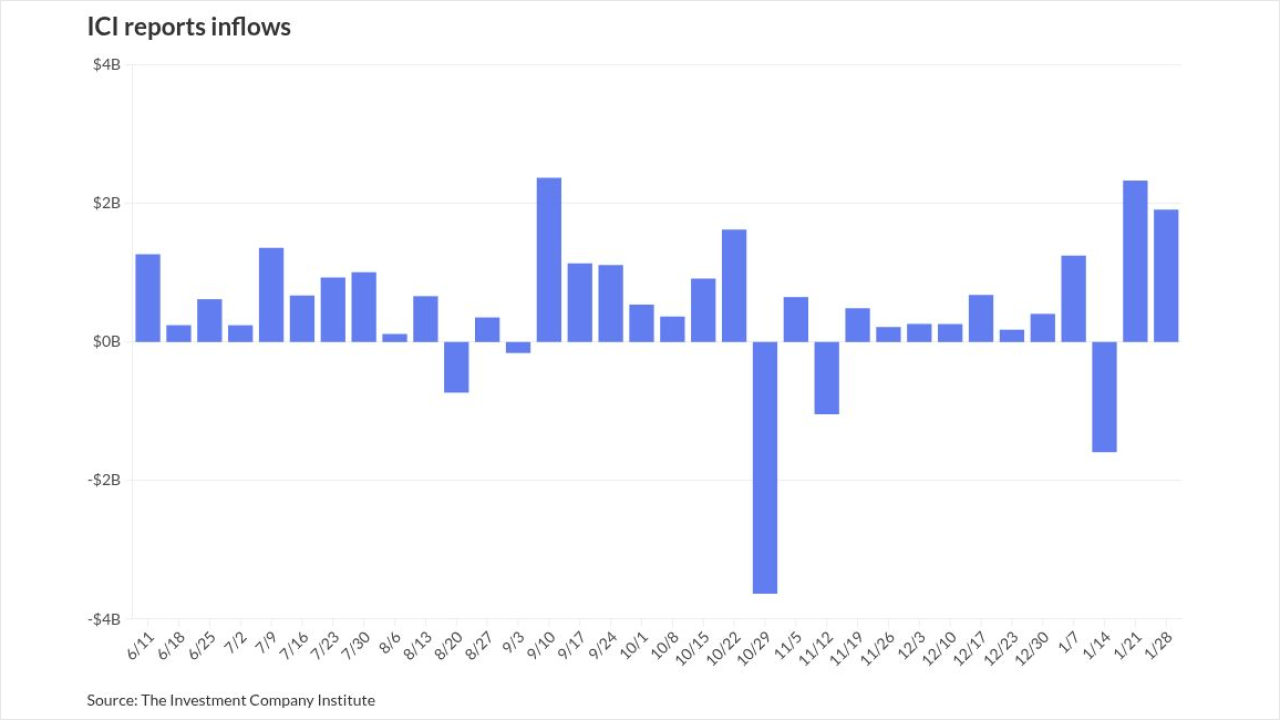
DALLAS — House and Senate tax-writing committees approved similar but not identical 10-month, $10.8 billion bailouts of the almost-depleted Highway Trust Fund, with each chairman contending his panel's bill is the most bipartisan measure.
The separate plans, adopted Thursday morning by the House Ways and Means Committee and later in the day by the Senate Finance Committee, would keep the highway fund functioning through May 31, 2015.
Both bills bolster the Highway Trust Fund with transfers of $9.8 billion from the general fund and $1 billion from the Leaking and Underground Storage Trust Fund. But Senate panel's bill contains several tax compliance and modernization provisions, which Camp doesn't like.
Each chamber is expected to vote on its committee's bill next week, with the differences to be reconciled in a conference committee made up of several House and Senate members.
Lawmakers must bolster the Highway Trust Fund quickly to prevent a 28% reduction in federal transportation funding on Aug. 1.
Chairman Ron Wyden, D-Ore., said unlike the House committee's legislation, the Senate panel's bill was developed in cooperation with the ranking Republican, Sen. Orrin Hatch of Utah.
"The House Ways and Means Committee this morning in a vote chose to advance a partisan bill," Wyden said. "Senator Hatch and I would like the Senate to choose another path, a bipartisan path, forward."
The House vote was "completely partisan, a straight party line," Wyden said.
"With the Highway Trust Fund getting closer to running on fumes, Congress must get beyond the gridlock where each faction says, 'It's my way, or no highway,'" he said.
Rep. Dave Camp, R-Mich., chairman of the House Ways and Means Committee, said Wyden's bill was not acceptable to the House.
"Over the last week, the committee staff have been working with our counterparts on the Senate Finance Committee to address this in a bipartisan, bicameral manner," Camp said in his opening statement. "The Senate appears to be heading down a road of higher taxes for more spending. That's not a path forward in the House."
Following the plan's approval, Camp said the Senate should adopt the House version.
"The House and Senate can easily pass this legislation," he said.
"I do not support, and the House will not support, billions of dollars in higher taxes to pay for more spending," Camp said. "And I certainly do not support permanent tax increases to pay for just 10 months of highway programs."
However, Hatch said the plans are not that far apart. Both rely on corporate pension smoothing, custom user fees, and the $1 billion fund transfer to offset the general fund revenue, he said.
"I do have to say that I'm disappointed that we weren't able to come to an agreement with Ways and Means Chairman Dave Camp," he said. "I think having a bicameral agreement at the outset would have helped speed this process along.
Neither measure is perfect legislation, Hatch said.
"Still, looking at their proposal and the one we're marking up today, it doesn't look like we're all that far apart on the issues," he said.
Wyden originally proposed a Dec. 31 deadline for the bailout, but said it was apparent early in the negotiating period that Republicans were adamant for a longer term.
"It was clear that it was not possible to get a deal at less than $10 billion," he said. "That was what was necessary to get a bill to the floor."
Sen. Tom Carper, D-Del., said pushing the temporary fix into 2015 would ensure the six-year highway bill adopted by the Senate Environment and Public Works Committee will not pass in the current session.
A similar effort to shorten the bailout period was defeated earlier by House committee.
Ranking minority member Rep. Sander Levin, D-Mich., said a shorter window would force Congress to act on a long-term solution to the chronic under-funding of the Highway Trust Fund.
The 2015 deadline is a "mirage," Levin said, because by then Congress will be distracted by the looming 2016 presidential election.
"We're making the short shorter to make it longer," Levin said. "The only way it will become longer is if it is made shorter."





